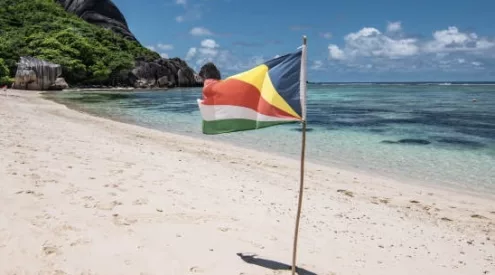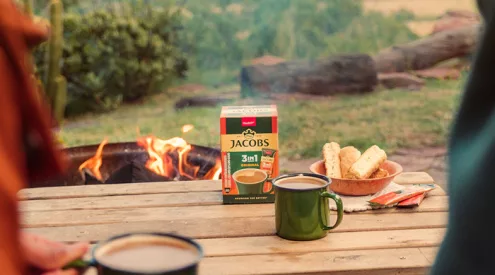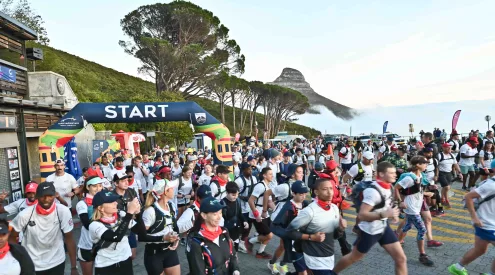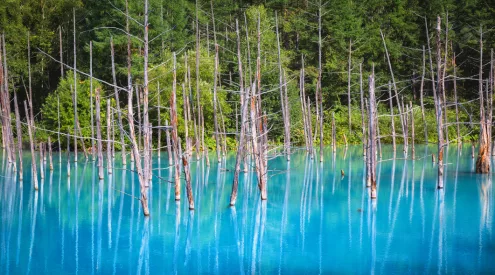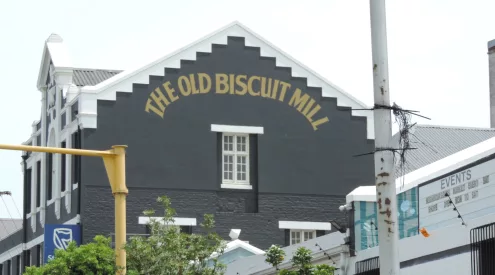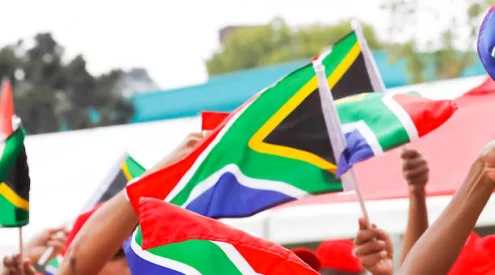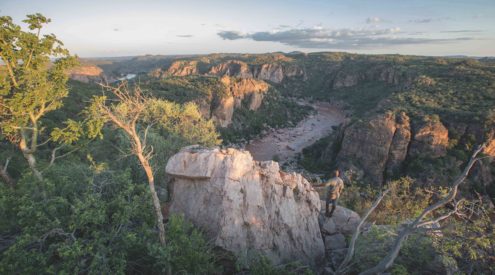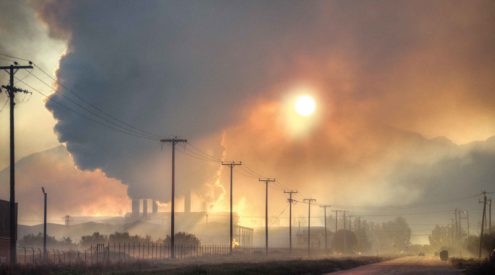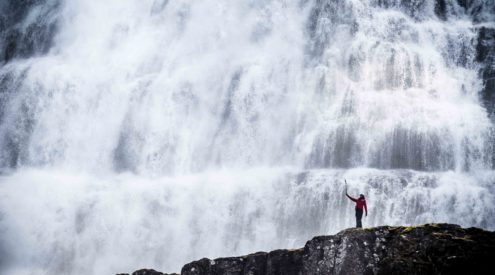It’s a time of summer holidays, exciting travel, beach lounging and New Year’s resolutions. Many of us make wildly unrealistic promises to ourselves about the things we’ll change in the coming year.

If you happen to be reading this while lying on a beach, look around you. Chances are you’ll see litter of all kinds dotting the sand. Humans have been producing rubbish since the beginning of time. Stone Age people discarded hand axes, strandlopers left piles of shellfish middens, early civilisations are marked by mounds of rubble. Most of this ancient litter was biodegradable: the planet recycled our mess for us.
All that changed after World War II. The invention of plastic and the myriad products it spawned created a throwaway society. The chemical structure of most plastics renders them resistant to the natural processes of decomposition. Since the 1950s, more than six-billion
tons of plastic has been produced, of which an estimated 9% has been recycled and 12% incinerated.
This waste inevitably enters our environment. A 2017 study found that 83% of tap water samples taken around the world contained plastic pollutants. Some studies suggest that the bodies of up to 90% of all seabirds contain plastic debris. Broken up and bleached by the sun, it’s often mistaken for krill or fish eggs and consumed by everything from filter feeders to whales. As these animals are eaten, it enters the food chain and eventually lands up on our dinner plates. Researchers have predicted that by 2050, the mass of plastic in the oceans will surpass that of fish.
A 2018 study by UCT’s FitzPatrick Institute of African Ornithology and Marine Research Institute found that most plastic pollution along our shoreline derives from local sources. So we can’t blame ocean currents and distant nations for the poor state of our coastal waters.
Debris has been sampled on 82 of our beaches at 10-year intervals. Man-made items collected include glass, cigarette butts, rubber, metal and paper, but plastic items are by far the most abundant. Several beaches consistently had thousands of plastic particles per square metre of sand.
All evidence indicates that the amount of litter entering the system continues to grow. We need a complete overhaul of waste management in South Africa, from individual citizens to government level. Probably the biggest failing occurs with municipalities (more than half the solid waste in SA is mismanaged, compared to 12% in Brazil and 2% in the USA).
Central government also has a key role to play by setting policies to reduce plastics in the packaging stream, and by requiring producers to take responsibility beyond the point of sale. That’s also where you, as an active citizen, can make a difference. Ultimately, it comes down to individual behaviour – most plastic pollution derives from people littering.
So, why not make it your New Year’s resolution to fully embrace the three R’s (reduce, reuse, recycle) at home and when you travel. Lead by example and educate those around you. Don’t use plastic bottles, avoid overly packaged items and lightweight plastic bags, and try to make your home a zero-waste space. Lobby your councillor and local government to change environmental practice. If Patricia de Lille had been thinking out the box, she might have considered launching a Green Party. Perhaps someone else should.
We’re a nation quick to toyi-toyi. So, let’s start doing it for the environment.
For a celebration of coastal beauty and biodiversity that needs our protection, read about Jacques Marais’ journey along the pristine shores of the Lubombo TFCA (page 88) and view Craig Foster and Ross Frylinck’s remarkable marine portfolio (page 56).
We’ve also introduced a new food column by Chiara Turilli: tour the world without leaving your kitchen (page 45). And congrats to winner John Vosloo, the runners-up and finalists of the 2018 Getaway Gallery photographic competition. See their stunning pics on page 32.
Happy and safe travels in 2019!

